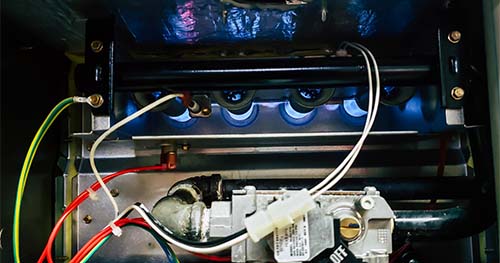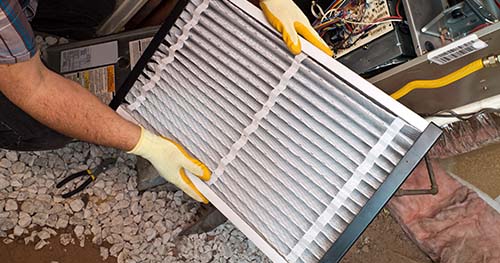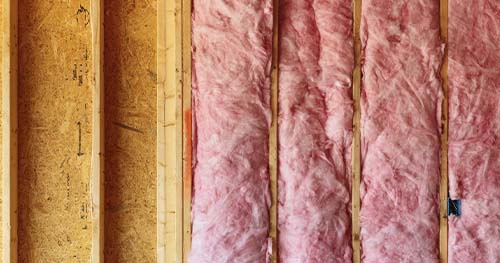What Determines the Cost of a Furnace?

It doesn’t matter what stage of life you’re in — the price of a furnace is always a bit of a sticker shock. But what goes into that seemingly steep price?
The answer might surprise you: it’s complicated. There are a number of components that will determine how much your new furnace costs. Read about the most impactful ones below.
Fuel Source
The biggest reason why furnace cost varies is because of the fuel source. There are three main fuel source types: oil, electricity, and natural gas. Each of these types have different prices for the construction, maintenance, and installation, plus the ongoing cost of the fuel itself.
Furnace Size
Size is a major factor in furnace prices. Bigger furnaces are more expensive but are needed in order to heat larger homes. But it’s not a good idea to get a furnace that’s too large for your home, as it will cycle on and off and increase your energy consumption.
But how do you figure out what size furnace is perfect for your home? Every furnace can produce a certain number of BTU, or British Thermal Units.
Energy Efficiency
While more energy-efficient furnaces may cost more up front, they are less expensive in the long run. So, if you are planning to move in a year or two, it might not be worth the investment.

Installation Cost
Installation costs can vary significantly, especially if you need additional supportive work like ductwork. This is not an opportunity to save money by DIYing your furnace installation, however. Installing a furnace on your own could be dangerous, not to mention that improper installation can damage your system.

This is why it is highly recommended to consult a HVAC specialist before purchasing a furnace replacement; there are often unexpected costs.
Brand
More reputable brands are more expensive overall. This increased cost comes at the benefit of reliability and lower maintenance costs.
Other Factors to Consider:
Warranty
Most furnaces have a warranty of up to ten years. This warranty usually covers many things, but the precise nature depends on the warranty itself.

Maintenance
It is very important to keep up with an annual routine furnace maintenance, as if issues are not addressed right away, they might spiral. In fact, most warranties require maintenance records to validate the warranty.

Tax Credits
If you purchased a furnace that has a more than 95% efficiency rating, you may be entitled to a $150 tax credit. Check to see if you’re eligible for any tax credits or incentives when you’re shopping for a furnace.
Insulation
Before replacing your furnace, have an HVAC specialist check your insulation in order to make sure it’s in good condition. This is especially important if you live in a colder area. Even the most effective furnace would struggle to heat a home with poor insulation.


